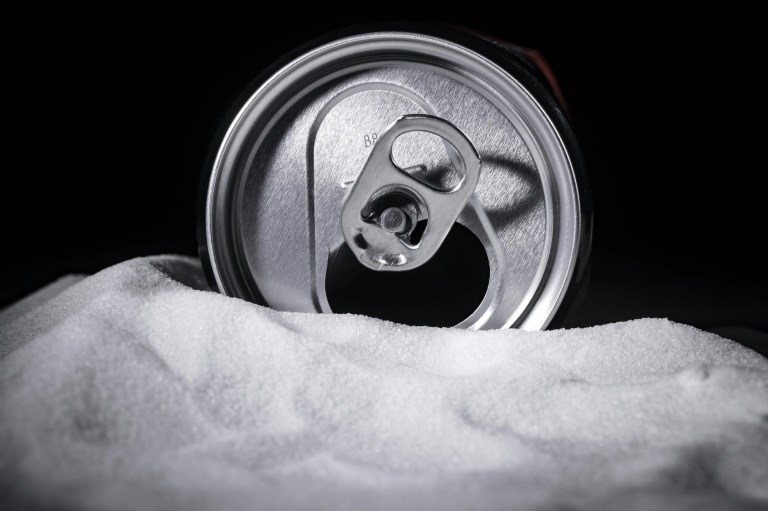Paying taxes leaves a bad taste in the mouths of most people, but there’s a new one that feels like it will be easier to swallow.
Finance Minister Carole James announced in her budget last week that the 7% provincial sales tax will now be added to carbonated drinks that have sugar. The tax takes effect on July 1 and is forecast to generate $27 million in revenues in the 2020-2021 budget year.
According to one expert, children's health in British Columbia will benefit from this decision to tax sugary soda drinks.
Dr. Tom Warshawski, chairman of the Childhood Obesity Foundation, told the Canadian Press that studies show sugary drinks contribute to obesity, a leading cause of Type 2 diabetes, heart disease and hypertension, and health outcomes have improved in jurisdictions where sugar taxes are levied.
Warshawski, a consulting pediatrician from Kelowna, said sugar drinks are not healthy and the tax will shift people to choose healthy drinks like water. Warshawski said it may take a decade to collect data on improved health results for children in B.C., but he's seen remarkable changes with young patients who cut out sugary drinks.
"When I see kids, who are drinking sugary drinks and I get them to shift away from sugary drinks, I see a return on that change in behaviour within a month or so," he said.
According to the Canadian Cancer Society, research published in 2017 by the University of Waterloo estimated a 20% excise tax on sugary drinks would save more than 13,000 lives in Canada and prevent 600,000 cases of obesity and 200,000 cases of Type 2 diabetes over 25 years.
The research concluded the drink tax would result in $11.5 billion in health-care savings over 25 years and provide total government revenue of $43.6 billion.
Other countries are doing this, including Belgium, United Kingdom, Mexico, Chile, France, Portugal, Norway and Hungary charging an excise tax of 20% on such drinks.
Eight cities in the United States also levy sugar taxes, including Berkeley, Calif., where a University of California study published last year in the American Journal of Public Health found sugar-drink consumption was down almost 52 per cent in some neighbourhoods and water consumption was up 29%.
Warshawski said he and other health-care officials had been calling on provincial governments in B.C. to impose the 7% provincial sales tax on the drinks for years, but their efforts were rejected until Tuesday's budget.
"It was long overdue, but give them their credit," he said. "It's hard for government to introduce new taxes. There's always a political backlash of some degree."
We haven’t seen much of a pushback from the general public, other than some grumbling.
The fact is, we already tax dangerous things like cigarettes, so making sugary drinks less desirable doesn’t seem like much of a stretch.
- With files from the Canadian Press



